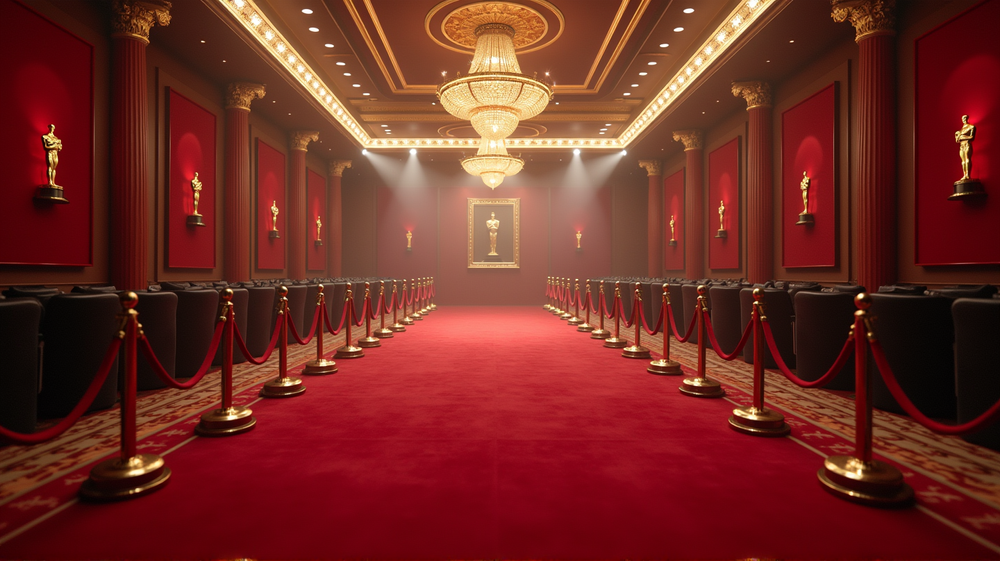In a mesmerizing dance of innovation and tradition, the Academy of Motion Picture Arts and Sciences is considering new rules around AI disclosure in film production. This move comes in the wake of intense discourse sparked by The Brutalist and several other films where the influence of artificial intelligence has been both revolutionary and controversial.
The Troubling Tale of The Brutalist
The film world was left in a state of awe and inquiry when The Brutalist hit the screens. Known for its riveting storytelling and cutting-edge visual effects, this film has become a focal point of a broader debate about the role of AI in the creative process. Critics and supporters alike have argued about how much AI should influence the final art piece without undermining the authenticity of human creativity.
Pioneering in a Digital Era
The incorporation of AI in film-making is not entirely new, yet its significant role in recent productions has reignited conversations that have long simmered beneath the surface of Hollywood’s glitzy veneer. AI technologies contribute to making movie magic more tangible, offering filmmakers unprecedented tools to tell their stories in unique ways. However, the articulation of this reliance on AI raises questions of transparency and fair credit.
Proposed AI Disclosure Mandates
In response to these unfolding events, the Oscars are contemplating mandates that would require filmmakers to disclose the degree of AI involvement in their productions. According to Gizmodo, these changes aim to ensure audiences and critics fully appreciate the range of tools employed in creating a film, maintaining the integrity and clarity of the filmmaking process.
Bridging Art and Technology
As we explore this new frontier, the balance between art and technology becomes a tightrope that filmmakers must navigate carefully. The industry’s top visionaries argue that just as CGI once divided traditionalists and innovators, AI could further enrich visual storytelling—if used responsibly. The sentiment echoes across the film fraternity, indicating a shared yearning for preserving the essence of cinema in an evolving digital age.
A Future Unwritten
These proposed changes could spell a new chapter in how films are evaluated and celebrated. For upcoming festivals and viewership, it might mean a more exhaustive understanding of the layers constituting cinematic works. And who knows? Perhaps years from now, we will look back at this era as a defining moment when the harmony between human intuition and machine precision was perfected.
As stated in Gizmodo, the dialogue between human creativity and AI’s potential is still in its nascent stages. As the buzz in Hollywood grows louder, the expectations for responsible use continue to shape the future of storytelling in unseen yet exciting ways.













